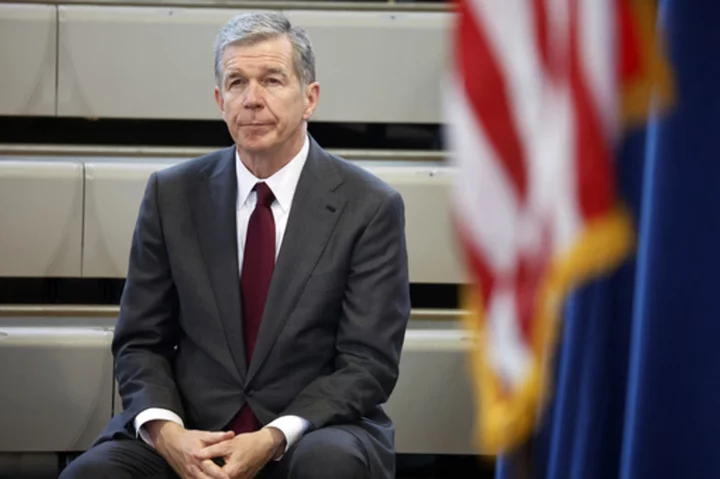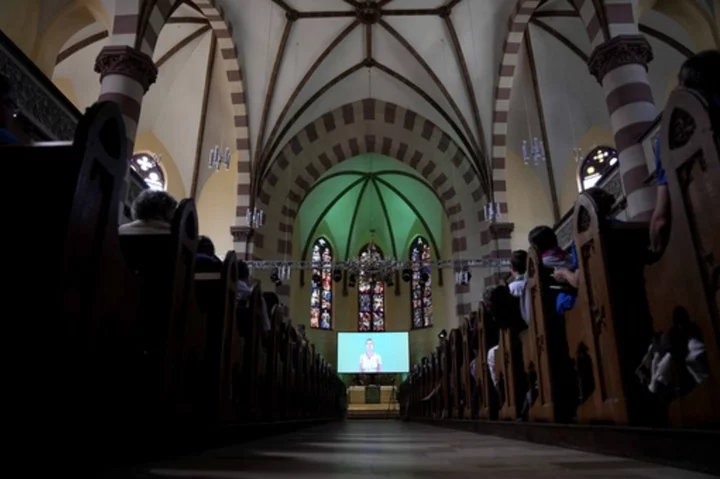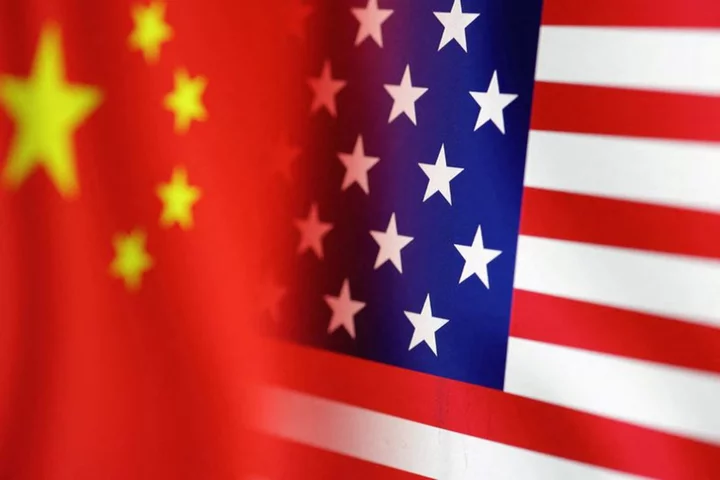RALEIGH, N.C. (AP) — North Carolina Republicans enacted vote-count restrictions and weakened the governor's ability to oversee elections and other state regulatory bodies on Tuesday by overriding Democratic Gov. Roy Cooper's vetoes. Lawsuits attempting to block the new laws are likely as the 2024 elections approach.
In a series of votes, the narrow GOP supermajorities in the House and Senate overturned five Cooper vetoes, two of which address elections and voting in the ninth-largest state — a likely presidential battleground where statewide races usually are very close.
One would eliminate the governor's power to appoint the State Board of Elections and give it to legislative leaders, while the other would end a three-day grace period to receive and count absentee ballots as long as they are postmarked by Election Day.
Another new law following a successful override scales back or eliminates authority from Cooper and future governors to appoint members to several other boards and commissions, including those that set electricity rates and environmental regulations. And an energy bill designed to encourage nuclear energy production and the legislature’s annual “regulatory reform” measure also are now law.
The new elections and voting laws — years in the making after previous Cooper's vetoes or lawsuits blocked legislation with similar provisions — advanced this year thanks to Republican seat gains in 2022 elections and an April party switch by a House Democrat to the Republican Party.
The electoral changes are among a wave of GOP election laws and administrative overhauls that have occurred while former President Donald Trump, who seeks a return to the White House, has repeatedly made false claims that the 2020 election was riddled with fraud.
While Trump won North Carolina's electoral votes in both 2016 and 2020, Democrats see the state as a pickup opportunity for President Joe Biden in 2024.









